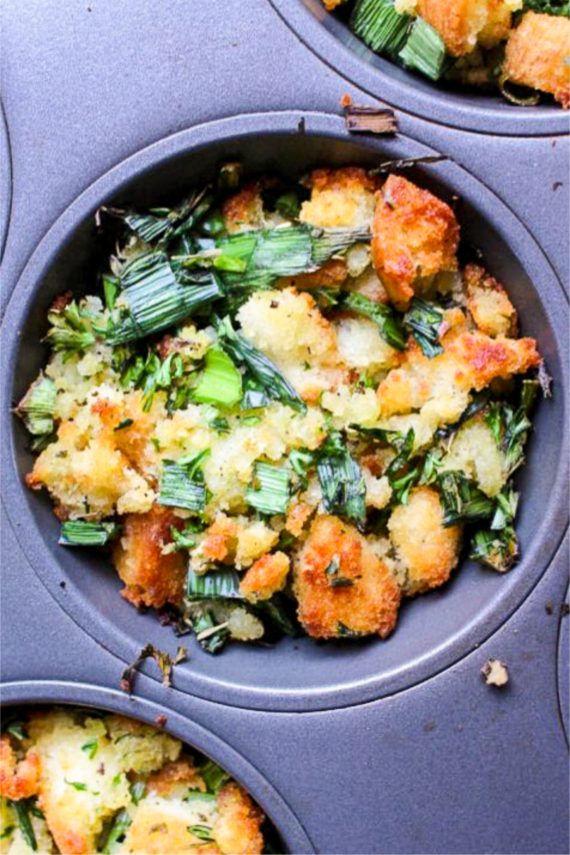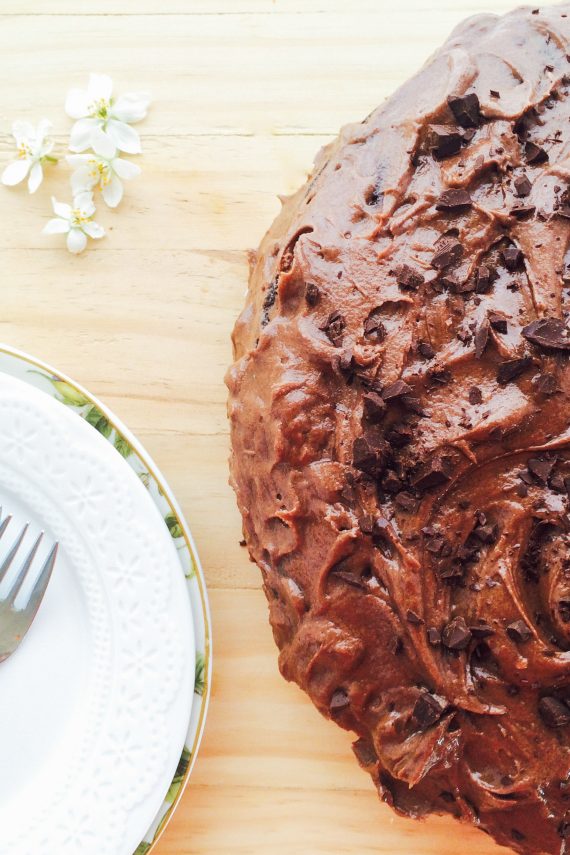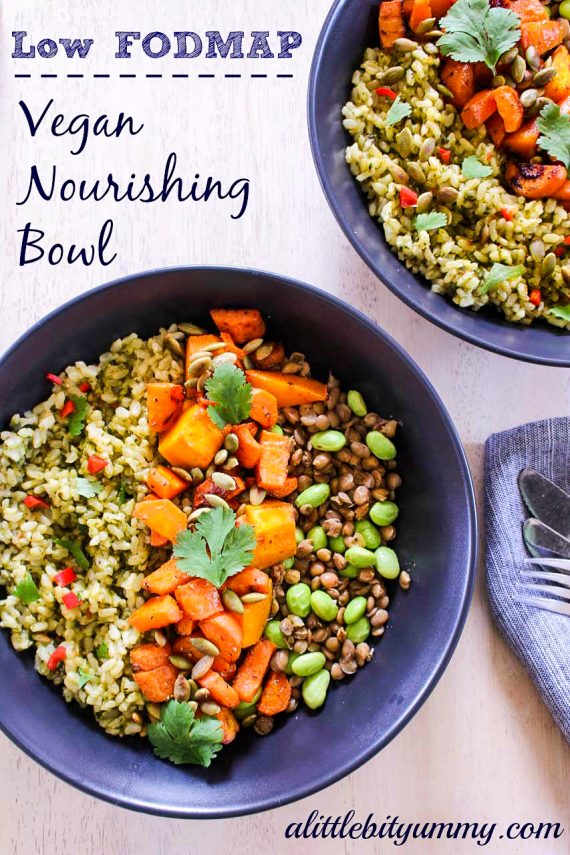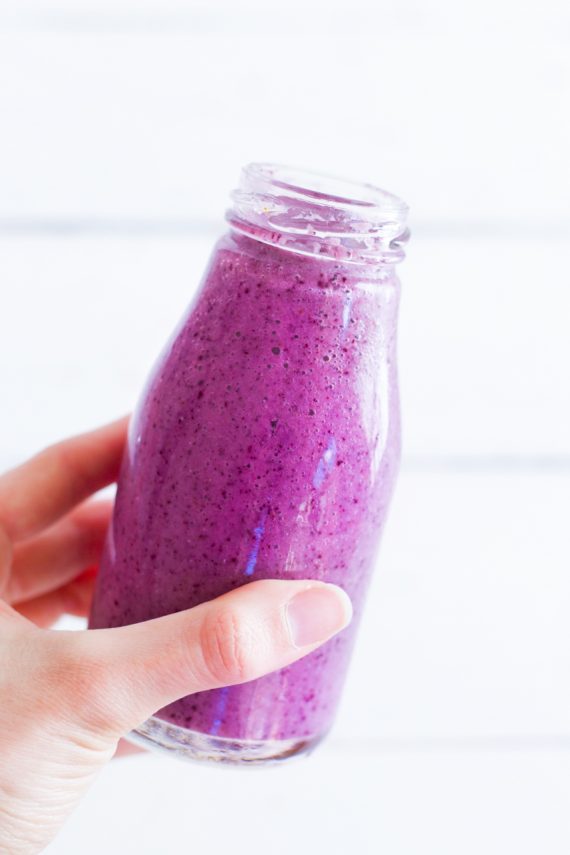Can you lose weight on a low FODMAP diet? The short answer is yes, and thankfully being on a low FODMAP diet excludes most of the conventional weight loss plans out there. Yes, you heard me right, it’s great that these plans are excluded. Wondering why?
Diets don’t work
As a dietitian I have lost count of the number of people who have sat down opposite me and said they want to lose weight so that they can get healthy. The problem is though, there are a million ways to lose weight, many of them are very unhealthy and most of them unsustainable.
Unfortunately, for every 10 people who lose weight, at least 9 of them will gain the weight back within 5 years, and what’s more, by this time 6 of them will actually weigh more than when they started. Not only is the weight loss industry the only multi-billion-dollar industry with a 95% failure rate, there is now undeniable evidence that the more you diet, the more likely you are to gain weight.
The importance of choosing the right goals
This may sound silly, but have a think about it. When you want to go to the beach, you pack your towel, sunscreen and sunglasses and look up the map to find the best way to get there. What you don’t do, is put your water skis in the lounge room and read stories about how “toxic” skiing is. So why do we treat dieting like this? It’s possible to eat healthily without “quitting sugar” or going “paleo” – Gosh, you already have enough restrictions! So step away from the media hype.
Think about why you want to lose weight…. It’s to get healthier, right? So let’s make some goals based on the things you need to do to improve your health.
1. Start the way you wish to continue
Any plan you follow will only work as long as you follow it. This means that the plan you choose needs to work with your life, forever. It needs to be flexible enough to allow for birthdays, holidays and the occasional treat. Most of all, if you are going to eat this way for the rest of your life, the food needs to be enjoyable. If you love your low fodmap grains, is it really realistic to say you will never eat carbs again?
2. Think FODMAPs
IBS symptoms, like bloating and cramping, can make it difficult to know if you are physically hungry or not, often increasing non-hungry eating. Minimising symptoms will make you more comfortable, and allow you to be more aware of your body’s natural internal cues of hunger and satisfaction.
3. Eat your veggies
Numerous studies show that people who eat their veggies are more likely to be within a healthy weight range and less likely to have diabetes, high cholesterol or heart disease. Veggies are low in calories, but high in vitamins, minerals and gut friendly fibre. So it’s surprising that the research indicates over 90% of us don’t eat enough vegetables. Recommendations are 5 serves of vegetables per day, with one serve being about 75g or ½ cup chopped. Increase your veggie consumption by spreading them out over 2-3 meals per day, experiment with different ways of cooking them and use low fodmap herbs and spices to add flavour.
Low FODMAP veggies include; carrots, cucumber, lettuce, small servings of zucchini/courgette, eggplant, broccoli (use the florets), green beans, Japanese/Kabocha/Kent pumpkin, cabbage, spinach, fennel and many more. Check the Monash University FODMAP Diet App for more details and updates.
4. Slow down and eat mindfully
Eating too fast results in eating larger meals and swallowing more air. Of course, over eating will contribute to weight gain, while large meals and swallowing excess air will exacerbate IBS symptoms. Mindful eating means paying attention to the food you are eating, enjoying the aroma, the texture and the taste in your mouth. Research tells us that people who eat in this way not only eat smaller meals, they also find their meals more satisfying, a win for both weight goals and IBS management.
3 tips to incorporate mindful eating into your day:
- Eat the first bite of each meal or snack mindfully or choose one meal each day to eat slowly without distraction
- Turn off TV and remove devices that create distraction
- Set the table pleasantly by using nice cutlery, crockery or flowers. Also clear away clutter before you sit down to eat.
5. Reduce non-hungry eating
Once you have mastered the art of mindful eating you will most likely become aware of the difference between physical hunger and other types of hunger. We eat for lots of reasons, comfort, social, emotional, boredom and physical hunger. Since it’s often the emotional and comfort eating that has the biggest influence on weight gain, reducing non-hungry eating and aiming to eat mostly for physical hunger is often key to weight management. This can be a work in progress as it involves addressing a lifetime of habits.
Small actions you can start with:
- Being more aware of your own internal and external signals to eat.
- Before eating, stop for a minute and ask yourself if you are actually physically hungry
- If you are not physically hungry, is there something else that would satisfy you more?
Are you ready to take control of your gut symptoms?
No thanks, my gut is perfect.
Article continues below
6. Move more
As your symptoms decrease you will become more confident in your bowel habits and reduce the fear of having an accident. This is a great opportunity to increase your daily movement. Exercise itself isn’t about burning calories. In terms of weight loss, the energy you burn during exercise is minimal. But, it does increase lean muscle and the more lean muscle you have, the faster your metabolism. This means that your body burns more energy sitting around doing nothing. Exercise is also great for the soul, energy levels, social interaction and promoting improved sleep quality. With exercise, it’s not so much about what you do as it is about doing it regularly. So find something you enjoy and then enjoy including it in your daily routine.
7. Love your thighs
This is the most important one, improving health and losing weight is really about nourishing and looking after your body. It’s about mental health, emotional health and physical health. And its really hard to nourish a body that you dislike. To quote Taryn Brunfitt from the movie Embrace, “your body is not an ornament, it’s the vehicle to your dreams”. Bodies come in all shapes and sizes and are all amazingly clever and capable. Learning to love your body is key to a healthy and happy life.
Image credit: inspiring.team/Shutterstock.com












I am so in love with your sensible approach to weight loss, and acknowledging the massive long term failure rate of diets. I was researching some FODMAP foods for a patient of mine and found this post, which I normally only see from non-diet dietitians, and I am so impressed by you. Love, a fellow dietitian from South Africa